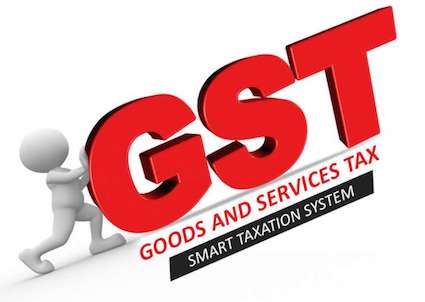With GST, businesses can no longer under-declare their income

(FMT) – Some business owners had opposed the goods and services tax (GST) in the past as it clamped down on their practice of not documenting transactions and disclosing profits, said a tax expert.
Veerinderjeet Singh, chairman of Tricor Malaysia, noted that businesses would have had to declare their income tax and profits, which would be avoidable without GST.
“Businesses which had not been paying income tax, especially small businesses, have to come forward and declare their income taxes if they want to be registered under the GST. They don’t have much of a choice,” he said.
Veerinderjeet said the accounting records provided by the GST system meant the customs department could audit transactions from the retailer to the manufacturer, as invoices would be filed for output and input tax.
Unlike the GST, the sales and services tax (SST) system enabled tax evasion as it entrusted only one stage of the supply chain to charge the tax and pay it to the authorities, he said.
“If only one particular segment is required to charge a tax and pay to customs, it’s unreliable because manufacturers or retailers who are supposed to charge the tax may not bother charging it, or say they’re charging but don’t pay it to the customs,” he said.
Revealing the black economy
Chartered accountant Appadu Rao Santhariah said the GST’s “invoice-based system” and start-to-end traceability would reveal the income earnings of those who had not disclosed it previously.
“In Malaysia, the black economy is estimated at around RM300 billion, where goods and services purchased or sold are not accounted for anywhere. There are no invoices or records. In other words, it’s escaping the income tax net,” he said.
The black economy is where the exchange of goods and services is hidden from official view, and range from unreported income from self-employment to illegal activities such as gambling or smuggling goods.
“With GST, businesses have to declare income tax because the customs department can review the businesses’ turnover and compare it with the income tax turnover. There is a higher risk of being audited,” he said.
He said this was evident in the increase in companies registered with the authorities after GST was implemented, which spiked from about 122,000 in 2012 to 495,000 in 2018.
Consumption tax based on choice
On another note, both tax experts agreed that while the wealthy would not necessarily pay more taxes under the GST system, it would depend very much on their consumption level.
“If they buy expensive luxury goods, they will pay more GST. But in terms of basic goods, the rich and the poor pay the same amount. Consumption is a choice, so it doesn’t necessarily mean they will spend more money,” said Appadu.
On Monday, Umno Supreme Council member Isham Jalil claimed that the wealthy had pushed for the abolition of the GST through intense political lobbying after the last general election (GE14), as they could avoid paying taxes under the SST system.

